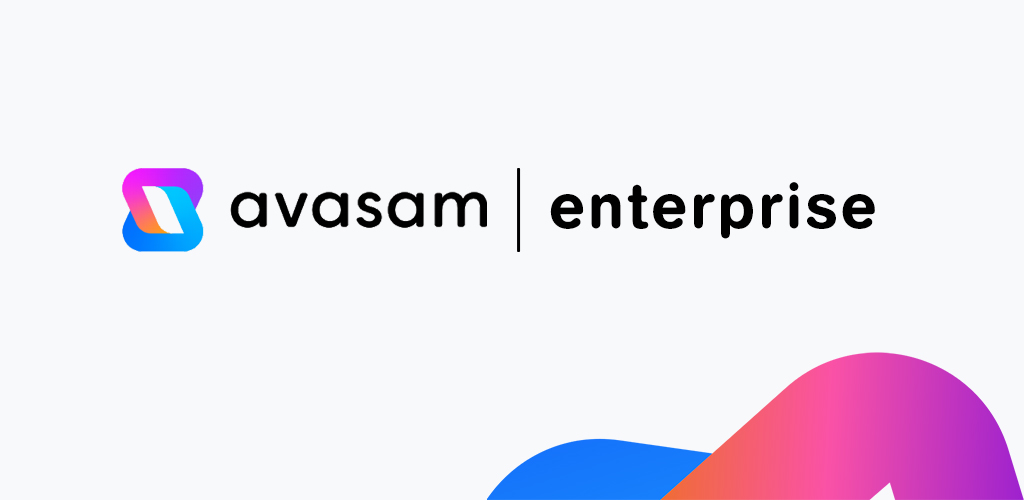What is A Marketplace Avasam Enterprise
Understanding Marketplaces and How to Launch Yours with Avasam Enterprise
Summary:
An online marketplace is a platform that connects buyers with multiple third-party sellers and coordinates product data, payments, and fulfilment. Retailers launch their own marketplaces to expand range without buying stock, grow revenue per visit, and keep full control of brand experience. Avasam Enterprise provides the integrations, automation, and supplier connections required to launch a multi-supplier marketplace quickly and at low risk.
What is a marketplace?
A marketplace is a digital platform where independent sellers list products or services and customers purchase through the marketplace checkout. The operator manages discovery, catalogue quality, payments, and service standards.
Common formats
- B2C retailers hosting brands and distributors
- C2C individuals trading with each other
- B2B trade and wholesale portals
- Niche or vertical curated by category or audience
Key traits
- The operator does not own inventory
- Standardised product data and policies
- Clear rules on pricing, shipping, returns, and disputes
- Revenue through commission, subscription, or listing fees
Why launch your own marketplace?
- Expand assortment without tying up capital. Add thousands of SKUs from trusted suppliers with no stock risk.
- Win more baskets. Wider choice improves conversion and average order value.
- Own the relationship. Keep first-party traffic, data, and brand experience.
- Improve unit economics. Commission revenue and better ad monetisation offset acquisition costs.
- Scale fast. Add new suppliers, categories, or regions with minimal engineering work.
How a marketplace works behind the scenes
- Supplier onboarding
KYC, contracts, shipping rules, returns policy, and service-level targets. - Catalogue normalisation
Map supplier feeds to your taxonomy. Clean titles, attributes, images, and GTINs. De-duplicate and enrich content for SEO. - Pricing and availability
Import stock and cost prices. Apply rules for retail price, fees, and promotions. Protect margins with automated checks. - Orders and fulfilment
Route orders to the right supplier. Sync confirmations, tracking, and partial shipments back to the customer. - Payments and settlement
Capture the buyer payment, deduct fees, and settle net proceeds to each supplier with reconciliation. - Service and compliance
Centralised tickets, RMAs, refunds, and audit trails for VAT and consumer law. - Analytics
Dashboards for sales, fill rate, on-time delivery, returns, and supplier scorecards.
Build vs buy: your marketplace options
| Option | Time to launch | Upfront cost | Ongoing effort | Typical risks |
|---|---|---|---|---|
| In-house build | Long | High | High | Complex feeds, settlement, SLA tooling |
| Plugins only | Medium | Low | Medium | Limited supplier formats and scale |
| Avasam Enterprise | Short | Moderate | Low | Built-in supplier, payments, and SLA workflows |
Why Avasam Enterprise
Increase inventory without stock risk
List products directly from connected suppliers. Keep control of pricing, taxonomy, and brand presentation.
Automation that removes busywork
- Integrations with APIs, CSV, JSON, XML, EDI, and AS2
- Real-time stock and price sync
- Order routing, tracking, and partial shipments
- Automated supplier settlements and reconciliation
Quality listings that rank
Data curation, attribute mapping, image standards, and AI-assisted titles and descriptions to boost discoverability.
Service Cloud for post-purchase care
Centralised cases, returns, and refunds that protect customer trust and marketplace ratings.
Dashboards for performance
Sales, availability, supplier SLAs, and profitability at a glance to guide decisions.
Enterprise-grade rollout
Structured onboarding, environment setup, and go-live support. Typical launches complete in weeks rather than quarters.
Proof points
- Popat Stores grew online assortment by onboarding multiple suppliers through Avasam Enterprise and streamlined order routing and tracking.
- Something Different Wholesale improved workflow efficiency and future-proofed catalogue management with standardised data and automated sync.
How to get started in four steps
- Define your catalogue strategy
Choose the categories and brands you will curate and the customer promise for shipping and returns. - Select suppliers
Start with a small cohort of verified suppliers. Align on SLAs and content standards. - Configure Avasam Enterprise
Map taxonomy and attributes. Set pricing rules and payment terms. Connect your ecommerce stack. - Launch, learn, and scale
Open with a focused range. Review supplier scorecards each week. Add lines that lift conversion and AOV.
FAQs
Is a marketplace the same as dropshipping?
A marketplace hosts multiple sellers under your brand with centralised checkout. Dropshipping is a fulfilment method. A marketplace can include dropship fulfilment but also supports hybrid models such as own-stock, retail media, and consignment.
Do I need warehouses?
No. Third-party suppliers dispatch orders and provide tracking within your service standards.
How are payments handled?
The marketplace takes the customer payment, deducts fees, then settles net funds to each supplier with a clear reconciliation trail.
Can I control pricing and the customer experience?
Yes. You set price rules, content standards, shipping promises, and returns policy. Suppliers must meet your SLAs to remain listed.
How fast can I launch?
Most retailers launch a pilot within weeks once suppliers and catalogue rules are agreed.
If you are exploring a multi-supplier model, request a demo of Avasam Enterprise and see how quickly you can extend your range without inventory risk. Book Demo



DropShip products from verified suppliers to diversify your inventory and scale your eCommerce business